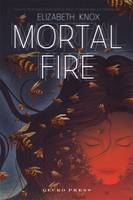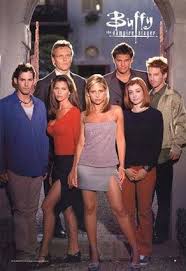Since Eleanor Catton won the Man Booker Prize for The Luminaries, people have become more aware of the quality of our local fiction. Which is amazing. But did you know that our YA fiction is of the same quality as much that is produced overseas? No? Well let me educate you about a few of our top YA novelists writing right now.
Trilogies and series’
First of all – trilogies and series’. Internationally, trends have driven our teens through magical boarding schools (Harry Potter), paranormal and vampires (Twilight), dystopias (The Hunger Games), and extreme political situations (Divergent). Note that not only did these trilogies sell incredibly high volumes, they have also become films.
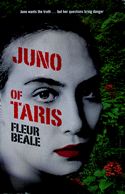 Let me begin with one of my favourites. Fleur Beale wrote an incredible trilogy from 2008, beginning with Juno of Taris, about the life of a girl who was born into an isolated island community. This community is under a bubble, to protect them from the environment which they are led to believe by their ruling elders has been polluted to unliveable standards. The book questions the accepted, it has a gutsy heroine, and it has just a glimmer of magic to boot. The three books are Juno of Taris, Fierce September, and Heart of Darkness (all published by Random House).
Let me begin with one of my favourites. Fleur Beale wrote an incredible trilogy from 2008, beginning with Juno of Taris, about the life of a girl who was born into an isolated island community. This community is under a bubble, to protect them from the environment which they are led to believe by their ruling elders has been polluted to unliveable standards. The book questions the accepted, it has a gutsy heroine, and it has just a glimmer of magic to boot. The three books are Juno of Taris, Fierce September, and Heart of Darkness (all published by Random House).
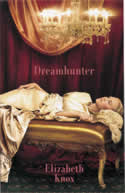 If you want magical realism (think Patrick Ness, Philip Pullman, Margaret Mahy), you cannot go past Dreamhunter / Dreamquake by Elizabeth Knox. The world of Southland draws you in, and makes you feel like anything is possible. I remember reading this for the first time, and wishing so much that I was reading it aged 13 or 14, simply to be closer to what I was like then, ready to believe that dreams were catchable, that magic was real. This has more recently been supplemented with Mortal Fire (Gecko Press), which is itself due a sequel one day!
If you want magical realism (think Patrick Ness, Philip Pullman, Margaret Mahy), you cannot go past Dreamhunter / Dreamquake by Elizabeth Knox. The world of Southland draws you in, and makes you feel like anything is possible. I remember reading this for the first time, and wishing so much that I was reading it aged 13 or 14, simply to be closer to what I was like then, ready to believe that dreams were catchable, that magic was real. This has more recently been supplemented with Mortal Fire (Gecko Press), which is itself due a sequel one day!
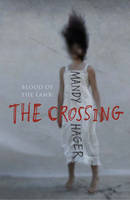 Mandy Hager writes trilogies and stand-alone books with equal aplomb. The trilogy that comes to mind as an excellent dystopia based on an extreme political situation, is ‘The Blood of the Lamb’ series. Composed of The Crossing, Into the Wilderness, and Resurrection, the trilogy is prefaced on a ‘last survivor’ cult that operates from a ship in the Pacific Ocean. The storyline covers racial inequality, political persecution, and other broad dystopian themes. It is hard-hitting, and wonderfully written.
Mandy Hager writes trilogies and stand-alone books with equal aplomb. The trilogy that comes to mind as an excellent dystopia based on an extreme political situation, is ‘The Blood of the Lamb’ series. Composed of The Crossing, Into the Wilderness, and Resurrection, the trilogy is prefaced on a ‘last survivor’ cult that operates from a ship in the Pacific Ocean. The storyline covers racial inequality, political persecution, and other broad dystopian themes. It is hard-hitting, and wonderfully written.
Our own John Greens
In terms of stand-alone, issues-based novels, there are few hotter right now than John Green. With his abilities on social media, and his hard-hitting topics, he is a hard one to beat. But I would say that there are several of our very own authors who come close.
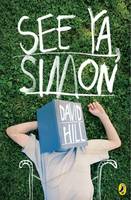 For instance, David Hill. One of David Hill’s first massive publishing successes (in 1992) was See Ya, Simon, in which the narrator’s best friend is a boy with muscular dystrophy, who doesn’t have long to live. This book was picked up around the world, and has been translated into many languages. David has written around 30 YA titles, all with strong believable characters, dealing with recognisable teenage emotions and dramas. (Others I would recommend are Duet, and My Brother’s War).
For instance, David Hill. One of David Hill’s first massive publishing successes (in 1992) was See Ya, Simon, in which the narrator’s best friend is a boy with muscular dystrophy, who doesn’t have long to live. This book was picked up around the world, and has been translated into many languages. David has written around 30 YA titles, all with strong believable characters, dealing with recognisable teenage emotions and dramas. (Others I would recommend are Duet, and My Brother’s War).
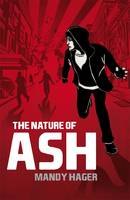 Mandy Hager also comes to mind when thinking about health issues, with books like The Nature of Ash, which sees a teenage boy struggling with caring for his Downs Syndrome-suffering brother, while navigating the apocalypse. More recently, Dear Vincent, deals head-on with death of a sibling; as does Anna Mackenzie’s The Shadow of the Mountain.
Mandy Hager also comes to mind when thinking about health issues, with books like The Nature of Ash, which sees a teenage boy struggling with caring for his Downs Syndrome-suffering brother, while navigating the apocalypse. More recently, Dear Vincent, deals head-on with death of a sibling; as does Anna Mackenzie’s The Shadow of the Mountain.
Let me also mention Kate De Goldi, with her crossover award-winner The 10pm Question. Also Penelope Todd, with the trilogy Watermark (still available in e-book format), which itself is faintly reminiscent of something more otherworldly, classic children’s trilogy The Halfmen of O, by Maurice Gee. While on the topic of Gee, let me just recommend the Salt Trilogy – it is rather wonderful.
Can you tell how much I love kiwi dystopian YA trilogies?
The Children and Young Adults’ Book Awards
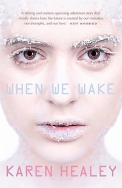 The YA section of the New Zealand Children’s and Young Adults’ Book awards is always strong, and I always wonder how the judges can possibly choose a winner. This year, Karen Healey was one of the contenders. Healey is somebody you cannot fail to mention while discussing and recommending current kiwi YA fiction. Author of four books, two of which are part of the When We Wake trilogy, she is one to watch for her very real teenage voices. Pick it up.
The YA section of the New Zealand Children’s and Young Adults’ Book awards is always strong, and I always wonder how the judges can possibly choose a winner. This year, Karen Healey was one of the contenders. Healey is somebody you cannot fail to mention while discussing and recommending current kiwi YA fiction. Author of four books, two of which are part of the When We Wake trilogy, she is one to watch for her very real teenage voices. Pick it up.
If you like your YA set in the past, Tania Roxborogh and Anna Mackenzie are both ones to watch. Each have written broadly about teen themes, so they aren’t one-trick ponies, but I would recommend Banquo’s Son and the others in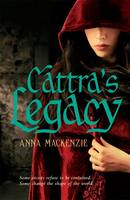 Roxborogh’s trilogy for those who like their teenage problems with a 12th-century dramatic twist; while Mackenzie has two titles in the Cattra’s Legacy trilogy out so far, set in medieval times.
Roxborogh’s trilogy for those who like their teenage problems with a 12th-century dramatic twist; while Mackenzie has two titles in the Cattra’s Legacy trilogy out so far, set in medieval times.
For action along the lines of Robert Muchamore’s CHERUB series, but keeping it kiwi, you can’t go far wrong with Brian Falkner. He has been publishing great action books for teens for many years now, and is currently in the midst of a series called Recon Team Angel. One stand-alone that I must recommend, from a few years ago, is Brain Jack. I seem to remember reading it over a few hours when I got my hands on it. Another author to check out both current and past titles of along these lines is Ken Catran – he writes stand-alone books packed with drama and excitement.
The wonderful thing about writers of YA in New Zealand is that I haven’t met one I didn’t like. They are humble and generous, while writing these incredible books that transport teenagers all over New Zealand into different worlds. Let’s hope that the melding of Random House and Penguin doesn’t interrupt this incredible industry. Or perhaps it will prompt the creation of a new company: does anybody fancy starting a new publishing house dedicated to good-quality kiwi YA?
By Sarah Forster
People I haven’t mentioned, who are also worth looking up (i.e. I think this piece is long enough): Bernard Beckett, Barbara Else, R.L Steadman, David Hair, V. M Jones, Jack Lasenby, Ted Dawe, Joy Cowley, Adele Broadbent, Melinda Szymanik, Alison Robertson, Maryanne Scott, Sherryl Jordan (I loved her writing as a kid), and newcomer Rachael Craw. If there are more I have missed, please add your recommendations in the comments!
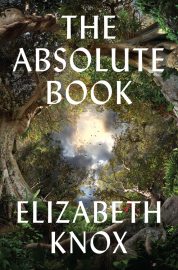 Elizabeth Knox’s thirteenth novel promises fantasy on a grand scale from the outset, with its brave title, heft, and illustrative cover; yet turn the pages and the reader is transported into the opening of a juicy crime thriller. Thus begins an unpredictable and intelligent work of imagination that plunges the reader ever deeper into a modern world interwoven within a realm of fantasy and folklore.
Elizabeth Knox’s thirteenth novel promises fantasy on a grand scale from the outset, with its brave title, heft, and illustrative cover; yet turn the pages and the reader is transported into the opening of a juicy crime thriller. Thus begins an unpredictable and intelligent work of imagination that plunges the reader ever deeper into a modern world interwoven within a realm of fantasy and folklore.
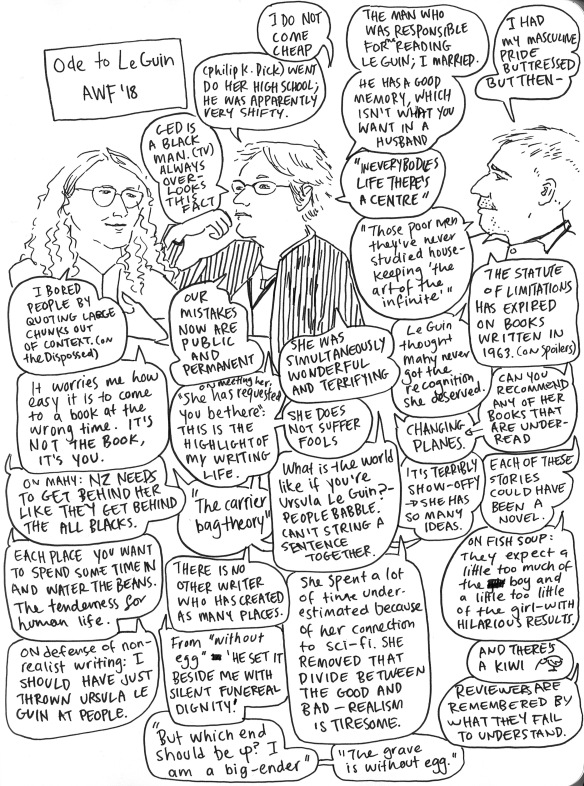
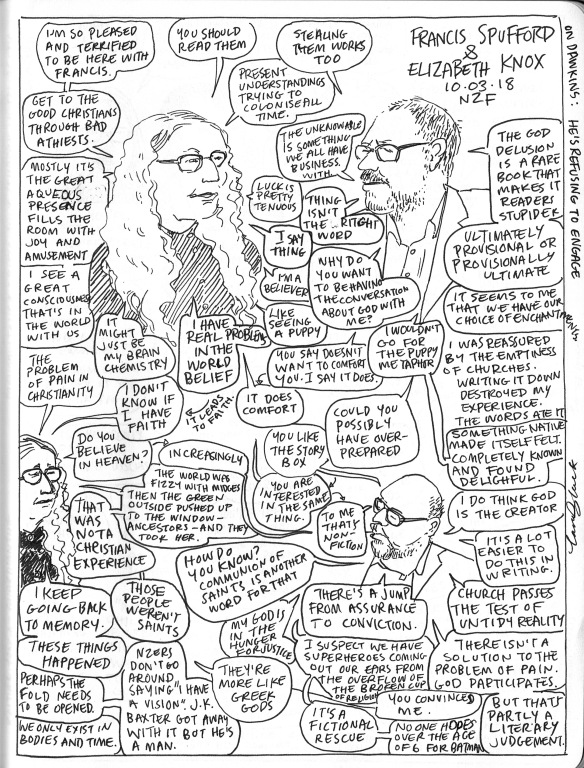
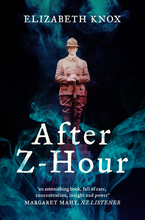







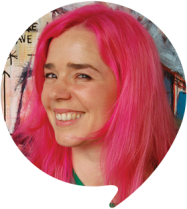
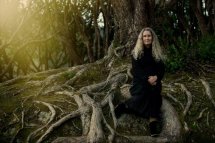
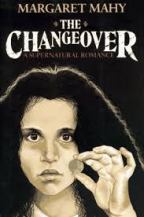

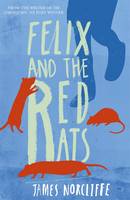
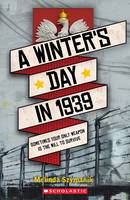
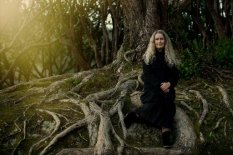
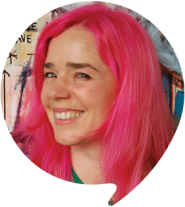

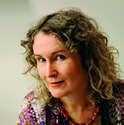
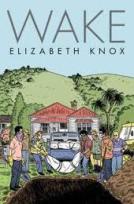 character goes into a town where everyone is “murderously, and extravagantly, flamboyantly insane” and that this book had “frightened grown men” (which, I might add, she seemed pretty pleased about, and which the audience in turn found pretty funny). She described the progression of Wake as a case of the characters being in physical peril, to being in psychological peril, to finally being in moral peril − shifting from the imperative “don’t fail others” to say instead “don’t fail yourself”. Ultimately, both De Goldi and Knox agreed that it came down to moral questions of “what do we owe each other?” and “what would we do in that situation?”
character goes into a town where everyone is “murderously, and extravagantly, flamboyantly insane” and that this book had “frightened grown men” (which, I might add, she seemed pretty pleased about, and which the audience in turn found pretty funny). She described the progression of Wake as a case of the characters being in physical peril, to being in psychological peril, to finally being in moral peril − shifting from the imperative “don’t fail others” to say instead “don’t fail yourself”. Ultimately, both De Goldi and Knox agreed that it came down to moral questions of “what do we owe each other?” and “what would we do in that situation?”